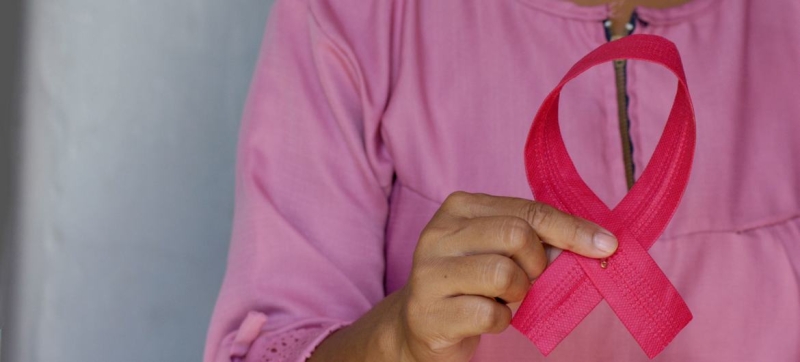
Cancer is one of the leading causes of death worldwide: about 10 million people died from cancer in 2020. Cancer prevention and treatment in Kyrgyzstan: new steps to save lives Healthcare
Fighting cancer is a massive task that requires a clear vision and decisive action from health systems, local and national authorities, and health workers. On World Cancer Day, celebrated annually on 4 February, the World Health Organization (WHO) Regional Office for Europe highlights Kyrgyzstan’s experiences and achievements.
Cancer remains a major problem in Kyrgyzstan, with over 33,400 cases currently registered. However, the mortality rate from it remains high: in the period from 2020 to 2023, the annual figure varies from 3,352 to 3,539 cases.
Kyrgyzstan aims to reduce cancer-related mortality through the implementation of a number of oncology initiatives – using the opportunities available in the WHO European Region and beyond.
“Today, it is clear to many that the development of advanced oncology programs can bring significant health benefits to the people of Kyrgyzstan, and we are seeing this vision gradually being realized,” says Dr. Sultan Stambekov, Kyrgyzstan’s Chief Pediatric Oncologist.
Oncology Programs for a Healthy Future
Kyrgyzstan is making steady progress in improving cancer prevention, diagnosis and treatment through close collaboration with the WHO Country Office in Kyrgyzstan – through three key oncology programs aimed at combating cervical cancer through human papillomavirus (HPV) vaccination, improving early diagnosis of breast cancer, and increasing childhood cancer survival through improved diagnosis and treatment.
“Cancer touches many aspects of society and remains a sensitive topic in Kyrgyzstan, as in many other countries in the region,” says Alina Altymysheva, WHO Country Officer in Kyrgyzstan. “That is why every cancer-related initiative should start with a dialogue that brings together health professionals, decision-makers and key stakeholders.”
Kyrgyzstan has adopted WHO-recommended strategies, including a package of essential noncommunicable disease interventions known as the PEN protocol, which emphasizes early diagnosis. This evidence-based approach, piloted in 2020, identified constraints and barriers that highlight the need for more efficient resource allocation. The overall goal is to achieve better outcomes by detecting cancer at earlier, more treatable stages.
Through these efforts, Kyrgyzstan aims to reduce cervical and breast cancer incidence and mortality. Key achievements include the development of the first clinical protocol for precancerous cervical lesions and the rollout of an HPV vaccination program.
Human papillomavirus causes more than 90 percent of cervical cancers, which are preventable with timely vaccination. More than 60 percent of girls in Kyrgyzstan have already been vaccinated. The current goal is to reach 70 percent coverage.
Childhood Cancer
Until recent years, measures to combat childhood cancer in Kyrgyzstan were rather poorly developed, and specialized pediatric oncology services were absent. In collaboration with WHO and St. Jude Children’s Research Hospital (USA), the country has made significant progress.
The establishment of specialized pediatric oncology departments in Bishkek and Osh, bringing clinical protocols in line with international standards, the first bone marrow transplant, and the establishment of the Society of Pediatric Oncologists and Hematologists in 2024 have all helped improve survival rates among children.
“Until 2020, pediatric oncology was not even recognized as a separate specialty in Kyrgyzstan,” notes Dr. Stambekov. – Today we have a fully-fledged school of pediatric oncology, and we have seen a multiple increase in funding directed to this area of health care.”
The Road Forward
Despite the progress made, challenges remain. Kyrgyzstan continues to face a shortage of specialized health workers, limited access to the latest treatments, and ongoing financial constraints. However, the country’s collaboration with WHO provides a solid foundation for progress. By partnering with the organization and other stakeholders, Kyrgyzstan is on track to create a more resilient health system that can more effectively combat the burden of cancer.
